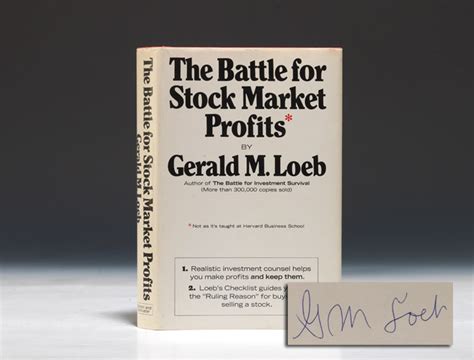A Quote by Seth Klarman
Investing is the intersection of economics and psychology.
Quote Topics
Related Quotes
Investing is the intersection of economics and psychology. The analysis is actually the easy part. The economics, the valuation of the business isn't that hard. The psychology - how much do you buy, do you buy it at this price, do you wait for a lower price, what do you do when it looks like the world might end - those things are harder. Knowing whether you stand there, buy more, or whether something has legitimately gone wrong and you need to sell, those are harder things. That you learn with experience, by having the right psychological makeup.
How should the best parts of psychology and economics interrelate in an enlightened economist's mind?... I think that these behavioral economics...or economists are probably the ones that are bending them in the correct direction. I don't think it's going to be that hard to bend economics a little to accommodate what's right in psychology.
I don't have too much interest in teaching other people how to get rich. And that isn't because I fear the competition or anything like that - Warrenhas always been very open about what he's learned, and I share that ethos. My personal behavior model is Lord Keynes: I wanted to get rich so I could be independent, and so I could do other things like give talks on the intersection of psychology and economics. I didn't want to turn it into a total obsession.

































